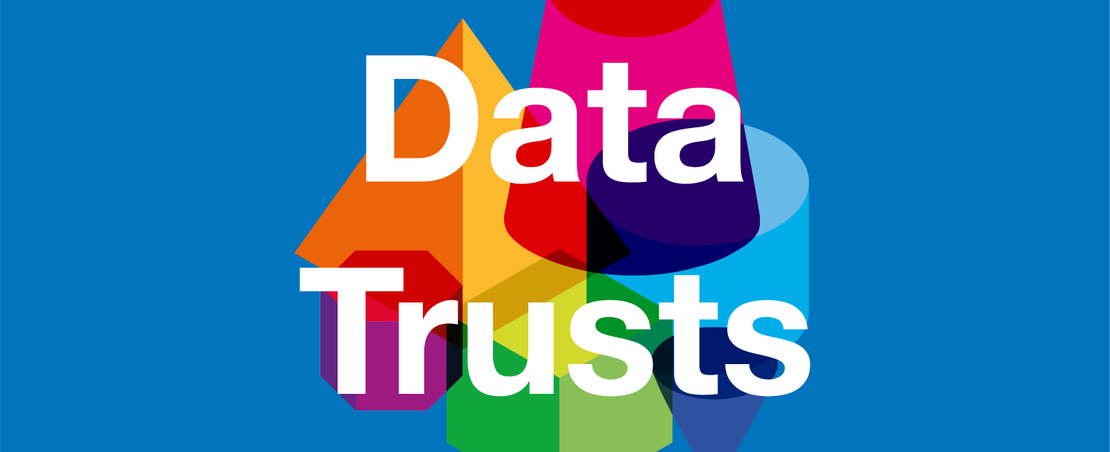
Could data trusts help to increase data sharing while retaining trust from both people and organisations? We’ve been researching the impacts of data trusts in the real world
To realise the potential benefits of data for our societies and economies we need trustworthy data stewardship. We need to establish different approaches to deciding who should have access to data, for what purposes and to whose benefit, and make it easier for more people to adopt them. Data trusts are one approach to data stewardship.
There are many different approaches that people can take to make data accessible to others, and data trusts is just one of them. The ODI’s Data Access Map helps to navigate the range of different data access approaches being used and spoken about, and the variety of terms being used to describe them. This is all part of our research exploring how we can increase to data while retaining trust.
In 2018, the ODI joined forces with the Office for Artificial Intelligence and Innovate UK to assess data trusts – legal structures that provide independent stewardship of data – as a potential approach to increasing trust and access to data.
See all our data trust research below. Get help with increasing access to data or get involved in our research using the form at the bottom of this page.
Our data trust research
Data trusts: report and recommendations from the ODI
‘Data trusts’ could be a useful way of increasing access to data while retaining trust, says our latest report.
Pilot: Food waste
We piloted three uses for data trusts in the real world. Here is an overview of what happened when we applied the method to data about food waste.
Food waste pilot: What happened when we applied a ‘data trust’
Pilot: Illegal wildlife trade
Here is an overview of what happened when we applied the method of ‘data trusts’ to data about the illegal wildlife trade.
Illegal wildlife trade pilot: What happened when we applied a ‘data trust’
Pilot: Greater London Authority and Royal Borough of Greenwich
Here is an overview of what happened when we applied the method of ‘data trusts’ to city data about Greater London Authority and Royal Borough of Greenwich.
What legal requirements are needed? (report)
As part of our research into whether ‘data trusts’ are a useful way of increasing access to data while retaining trust, Queen Mary University of London, BPE Solicitors LLP and Pinsent Masons LLP explored the legal requirements for implementing one.
Data trusts: what legal requirements are needed to support them?
How decisions are made about data sharing (report)
We commissioned Communications Chambers and Involve to explore the decision-making process used in data trusts to decide how data may and may not be used
How decisions are made about data sharing
What legal landscape is needed?
We commissioned BPE Solicitors to explore the legal landscape required for data trusts to work
Data trusts: what legal landscape do we need?
What new technologies will emerge? (report)
We commissioned Register Dynamics to explore new technology for data trusts
New technology for data trusts
Will certification work? (report)
We commissioned Oxford Insights to explore whether certification could be the answer to evaluating a data trust’s processes against specific standards and norms.
What’s the economic function?
We commissioned London Economics to carry out an independent assessment of the economic function of data trusts